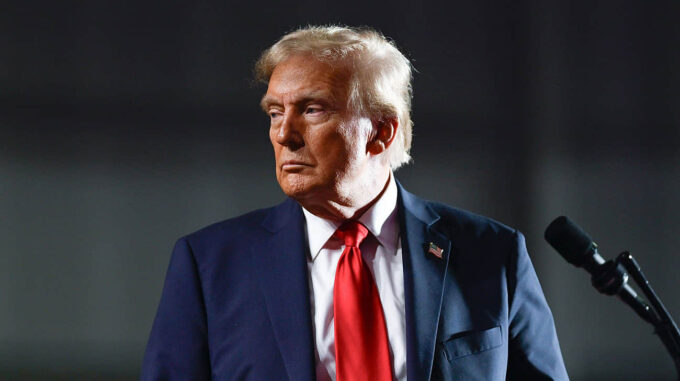Donald Trump’s popularity rating in the United States has dropped to its lowest level since his return to the White House

According to the reputable international agency Reuters/Ipsos, the latest poll results show that only about 42% of Americans approve of the current president's actions. For comparison, three weeks ago this figure was slightly higher — 43%. Earlier, in January, immediately after his inauguration, support for Donald Trump reached 47%. Comparing these data points reveals that, month by month, the level of public support for the incumbent leader is declining, although it remains higher than during most periods of his predecessor Joe Biden's tenure. However, the recent survey results also present another picture — the majority of American society remains dissatisfied with his steps and decisions. Interestingly, about 83% of those surveyed firmly state that the president should adhere to the rulings of federal courts, even if he personally does not approve of them. Against this backdrop, opinions on other important issues are surprising: over half of respondents (57%) disagree with the idea that university funding should be influenced by the president's political preferences if he disagrees with their management. Moreover, more than two-thirds of respondents — 66% — oppose control by the head of state over cultural institutions such as museums and theaters, which are considered vital components of national heritage and culture. The survey revealed a broad lack of competence among citizens regarding a range of key issues: from inflation and immigration to tax policy and the rule of law. It turns out that more Americans do not support their current administration than do, and this is true across various spheres of activity. Regarding immigration — one of Trump's key topics — support stands at 45%, while 46% of Americans oppose it. Thus, the support-opposition balance is almost even. Additional data shows that about 59% of respondents, including one-third of Republicans, believe that the US's global standing is rapidly weakening. This indicates concern about the country's foreign policy image and international influence, which, according to surveys, has significantly diminished in recent years. It is important to note that the study lasted six days and covered 4,306 American citizens. The statistical margin of error does not exceed 2%, making the results quite reliable. Meanwhile, data from other studies, including Gallup, offer a different perspective: they showed that Trump's support level during the first three months of his second term was 45%. This is higher than during the same period of his first term, raising questions about the trends and dynamics of public opinion around the former president. In summary, the current political situation in the USA is characterized by a significant decline in the incumbent leader's rating, despite the fact that he remains more supported than his predecessors during times of crisis. The topic remains open: whether Trump can regain the voters' trust and how this prolonged process will affect future elections and political transformations in the country. One thing is clear — social tension and political polarization continue to be decisive factors in shaping public opinion in the United States ahead of crucial events for the nation.

